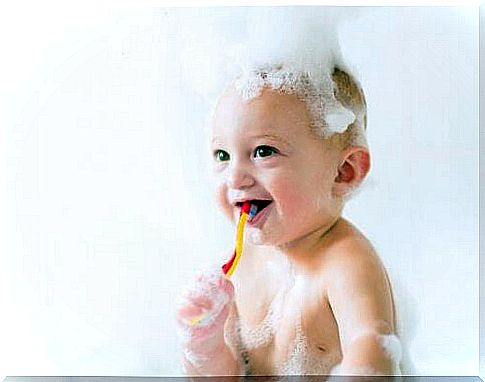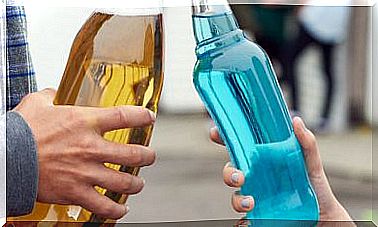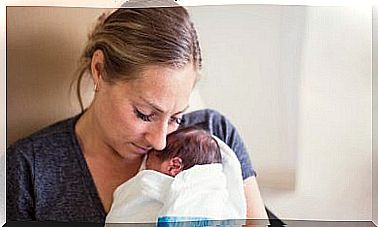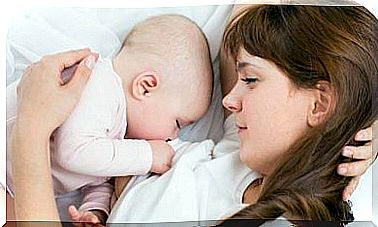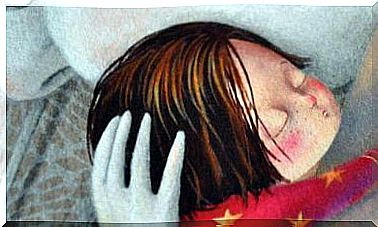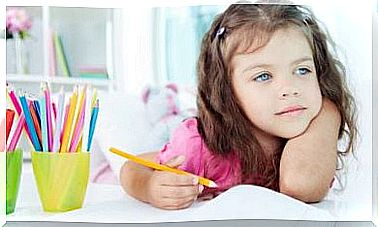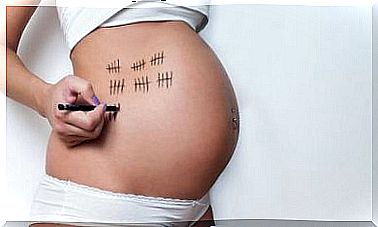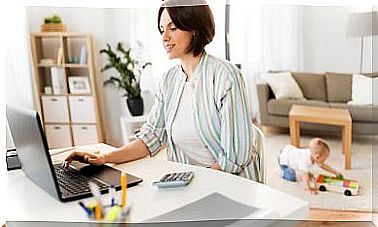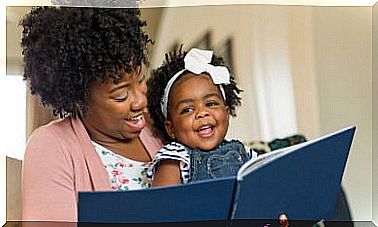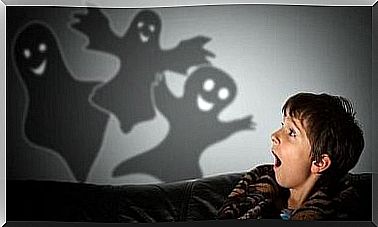At What Age Should Children Start Showering Alone?
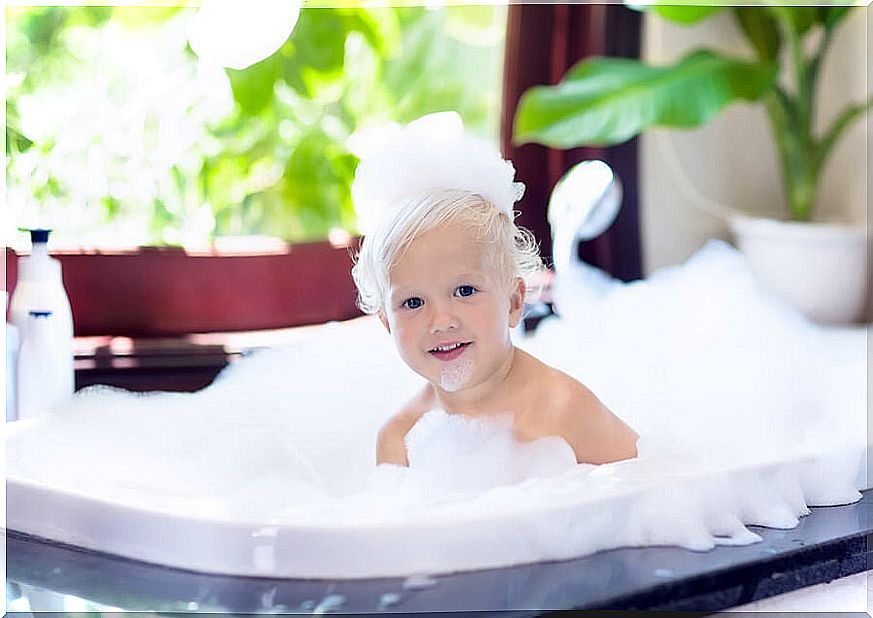
At what age should children start showering on their own? This action is very important because it begins to mark the independence of our children. We must consider a few points before letting them do it on their own.
Although when we bathe them, we notice that our children also feel the urge to clean their body by themselves, we know that until they fully manage their motor functions, they may not be well sanitized when showering; They might even be in danger.
Taking all of this into consideration, we will now discuss at what age children should start showering on their own. In addition, we will dwell on what are the security measures that we must take to guarantee your well-being.
At what age should children start showering themselves?
Children can start showering without company from the age of 6, approximately. This age is an estimated data, always considering the individuality of each child.
Although from the age of 4 we can notice that they can undress themselves or that even during their baths they can lather their body or rub their hair, it is from the age of 6 when they would be ready to complete all the steps of their hygiene.
However, for this important action, which marks the beginning of their independence, to be successful, we must teach them step by step how to shower. It is also necessary to tell them about the security measures they must take; we ourselves must create the necessary conditions for everything to develop normally.
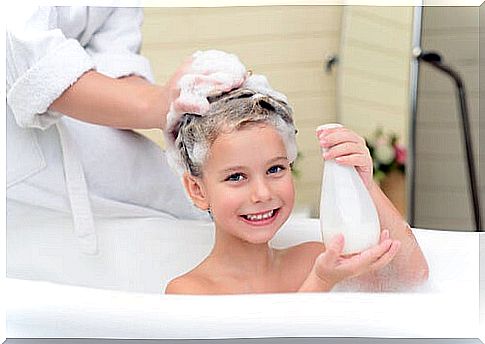
What the child should know so that he can bathe alone
In order for our children to be able to bathe on their own, it is important that we teach them how to do it. Don’t skip any of the steps; Although it may seem that some actions are taken for granted, let us remember that children are learning everything about the world around them.
You must indicate the action to take step by step:
- Point out all the important areas to wash: such as the neck, elbows, ears and back, chest, legs and feet.
- Explain that there are delicate areas of the body, such as the eyes, that cannot receive soap or shampoo. Therefore, when lathering your face or washing your hair, you must be careful that these products do not get into your eyes.
- Talk about the dangers of jumping, running, and twisting.
- Show her the necessary portions of products to wash and rinse her hair. That our little one learns about home economics and not wasting is also a plus.
Essential security measures
It is essential that you know that, although the child is going to bathe alone, we must always maintain certain safety measures. The recommendations are as follows:
- Parents should be the ones who regulate the temperature of the water with which the child will shower. This action is very important to prevent it from being burned by hot water.
- To avoid falls during the bath, you can provide your child with anti-slip sandals; You can also put a mat of the same material on the floor of the shower. There are also special plastic chairs for children’s showers, in which they can sit to lather difficult areas, such as feet.
- Your child should have shower items on hand: soap, sponge, shampoo, and rinse. These products should be able to take them without much effort and without the need to get out of the shower or make unnecessary movements.
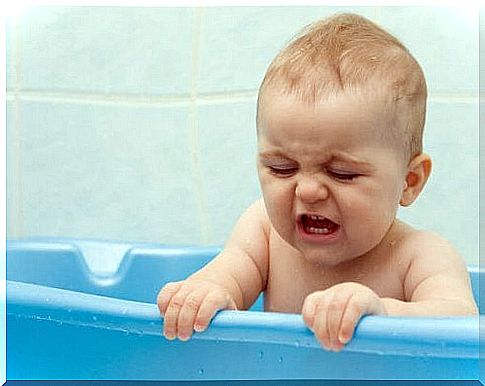
- Remove from the bathroom and shower space any items you consider dangerous, such as razors or scrubs for the exclusive use of adults.
- Always leave the bathroom door ajar; do not let the child put the insurance.
- While taking the shower, stay near the bathroom or even ask the child if everything is under control.
- Ask him to tell you when he finishes his bath so you can help him out. That way, you can give it a hand and make sure it doesn’t slip. If the infrastructure of your bathroom allows it and it can go out alone, do not forget to locate a towel mat to reinforce security.
As a final recommendation, keep in mind that our children should have their own cleaning products appropriate to their age and skin type, such as shampoo and conditioner. Finally, they should not share their bath sponge, as it must be strictly for personal use.
